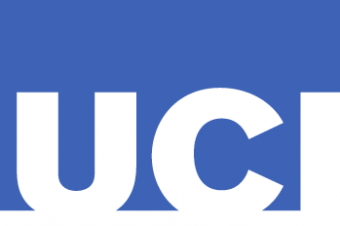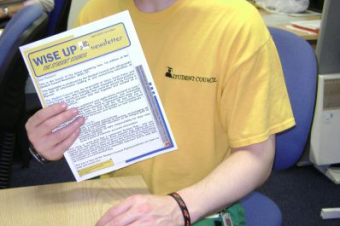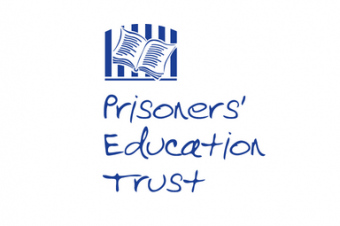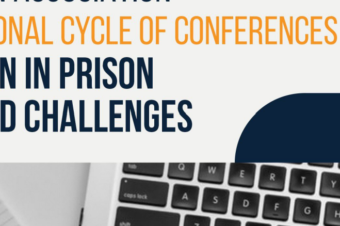Skills4Life is an Erasmus+ partnership project aiming to develop a curriculum to help young offenders prepare for release. The project was initiated by Ourania Xylouri from Athens Lifelong Learning Institute (ALLI) and includes partners from four countries in addition to the EPEA:
- The University of Gloucestershire, UK
- CESIE – European centre of studies and initiatives, Palermo, Italy
- ALLI – Athens lifelong learning institute, Greece
- ISC – Institut Saumurois de la Communication, France
- EPEA – European Prison Education Association
In November 2022, my colleague Kristin and I were lucky to be invited by the EPEA to attend a training event at the University of Gloucester, in Cheltenham. We both teach in prison education at Åsane upper secondary school in Bergen. EPEA Project Secretary Ruth McFarlane was our guide and contact person. The aim of the training was to learn about the Skills4Life method and curriculum, in order to put it into practice in our own settings.
The Skills4Life curriculum is created to fit the actual needs of young offenders and contains four modules that build on each other. Each module includes five sessions.
Module 1: Personal empowerment
Module 2: Social bonds and personal relationships
Module 3: Life skills
Module 4: Planning for life after release
As an example, the first session in module 1 is called “Where life takes you”. You start by watching a film, e.g. Slumdog Millionaire, or Life of Pi. The aim is to get learners to think about what happened in the film and how all experiences have a part to play in who we are. All the experiences in life can help you succeed, whether they are good or bad. This gives the learners an opportunity to reflect on their own life story without touching their own personal experiences directly.
In module two, the participants will move on to explore personal relationships, family relationships, communication, anger management and conflict resolution. Both self-image and social bonds are fundamentally important if people are to change, and during module 1 and 2 the aim is to learn strategies to deal with the setbacks and obstacles they meet in life.
Module three is more practical, dealing with personal finances, physical and mental health, writing a job application and a CV, and being an active citizen. In the fourth and last module, each participant will prepare and plan for their release.
In the training session in November 2022, we met with 14 other trainers who worked in different prison education settings in Europe: Institut Saumurois de la Communication in France; Avlona Prison for Minors and Young Offenders, and Amfissa Prison in Greece; a residential community for minors managed by the Cooperative Idee in Movimento in Palermo, Italy; and Vinney Green Secure Children’s Home north of Bristol. The further plans for the project include implementing the curriculum in these settings.
My impression after the three days’ course was that the project partners have really done a good job in compiling a curriculum that is relevant for young inmates working their way out of prison and into society. The Skills4Life curriculum is quite detailed, but still it can be adapted to very different settings. It will be very interesting to follow the work that remains, and to see how the curriculum works in real life.
Written by Anne Marit Bødal, teacher at Åsane upper secondary school, Bjørgvin prison
Bergen, Norway





